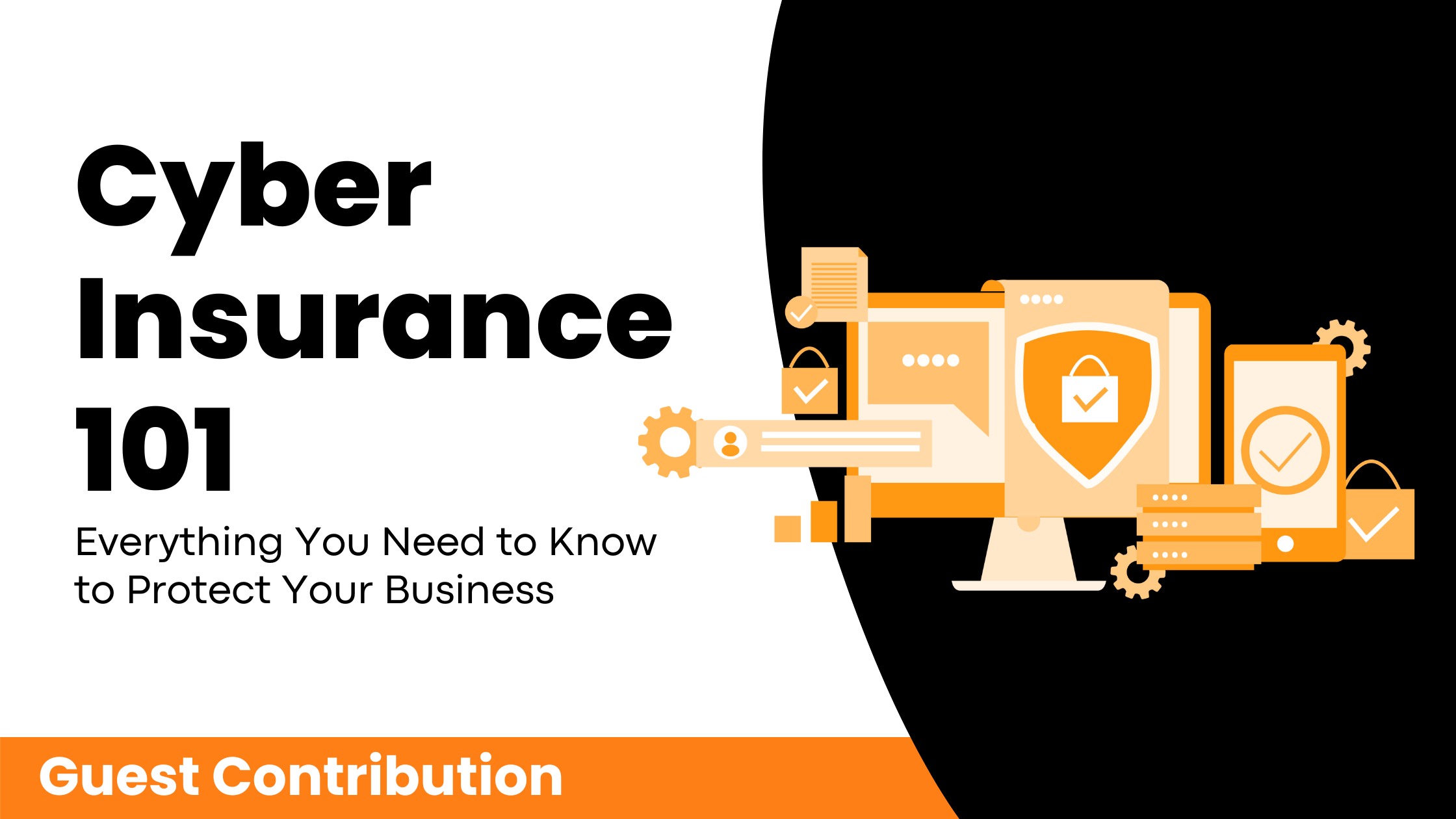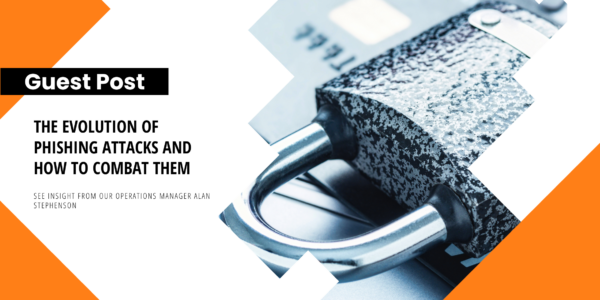Guest Post from Taylor Tabusa Key Points DMARC (Domain-based Message Authentication, Reporting, and Conformance) is…

Cyber Insurance 101: Everything You Need to Know to Protect Your Business
Guest post by Dave Hinton from Higginbotham Insurance and Financial Services:
In today’s digital landscape, businesses face an ever-growing number of cyber threats. From data breaches to ransomware attacks, cyber risks can cause severe financial and reputational damage. Cyber insurance has emerged as a crucial safeguard against these threats, providing financial protection and support in the aftermath of cyber incidents.
What is Cyber Insurance?
Cyber insurance, or cyber liability insurance, is designed to help businesses mitigate the financial risks associated with cyberattacks and data breaches. It covers expenses related to data recovery, legal fees, notification costs, and other damages caused by cyber incidents.
Why is Cyber Insurance Important?
With the increasing frequency and sophistication of cyberattacks, organizations must be prepared to respond effectively. Cyber insurance provides essential support to help businesses recover from attacks and avoid significant out-of-pocket expenses. It also offers access to cybersecurity experts who can assist in managing and mitigating risks.
What Does Cyber Insurance Cover?
While coverage varies depending on the insurer and policy, typical cyber insurance policies include:
First-Party Coverage
- Data Breach Response: Covers the cost of investigating and responding to a data breach, including forensic analysis and customer notification.
- Ransomware and Cyber Extortion: Helps cover ransom payments and the cost of negotiating with cybercriminals.
- Business Interruption: Provides compensation for lost income and operational downtime due to cyber incidents.
- Data Recovery: Covers the expenses of restoring lost or compromised data.
Third-Party Coverage
- Legal Costs and Liability: Protects against lawsuits from customers or partners affected by a data breach.
- Regulatory Fines and Penalties: Covers fines imposed by regulatory bodies for non-compliance with data protection laws.
- Media Liability: Protects against claims related to defamation, copyright infringement, or privacy violations resulting from cyber incidents.
Key Considerations When Choosing a Cyber Insurance Policy
Before purchasing cyber insurance, businesses should consider the following factors:
-
Assessing Cyber Risks
Understanding your organization’s specific cyber risks will help determine the appropriate coverage level. Conduct a cybersecurity risk assessment to identify vulnerabilities and potential threats.
-
Policy Exclusions
Cyber insurance policies may have exclusions, such as coverage limitations for certain types of attacks or inadequate cybersecurity measures. Review the policy carefully to understand what is and isn’t covered. (Use Higginbotham for this)
-
Incident Response Support
Look for policies that include access to cybersecurity experts, legal advisors, and public relations specialists to help manage cyber incidents effectively.
-
Compliance Requirements
Ensure the policy meets industry-specific regulations and compliance requirements, such as GDPR, HIPAA, or CCPA.
-
Cost and Deductibles
Cyber insurance premiums vary based on factors like company size, industry, security measures, and past incidents.
Conclusion
Cyber insurance is a vital component of a robust cybersecurity strategy, providing financial protection and expert support in the event of a cyberattack. As cyber threats continue to evolve, businesses must take proactive steps to secure their digital assets and mitigate risks. By understanding the fundamentals of cyber insurance, organizations can make informed decisions to safeguard their operations and data against potential cyber threats.




